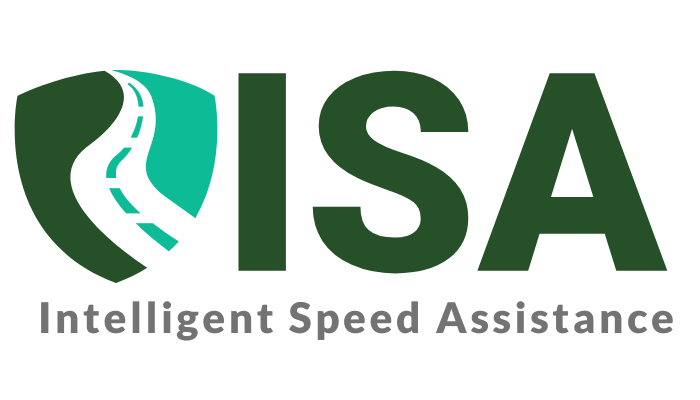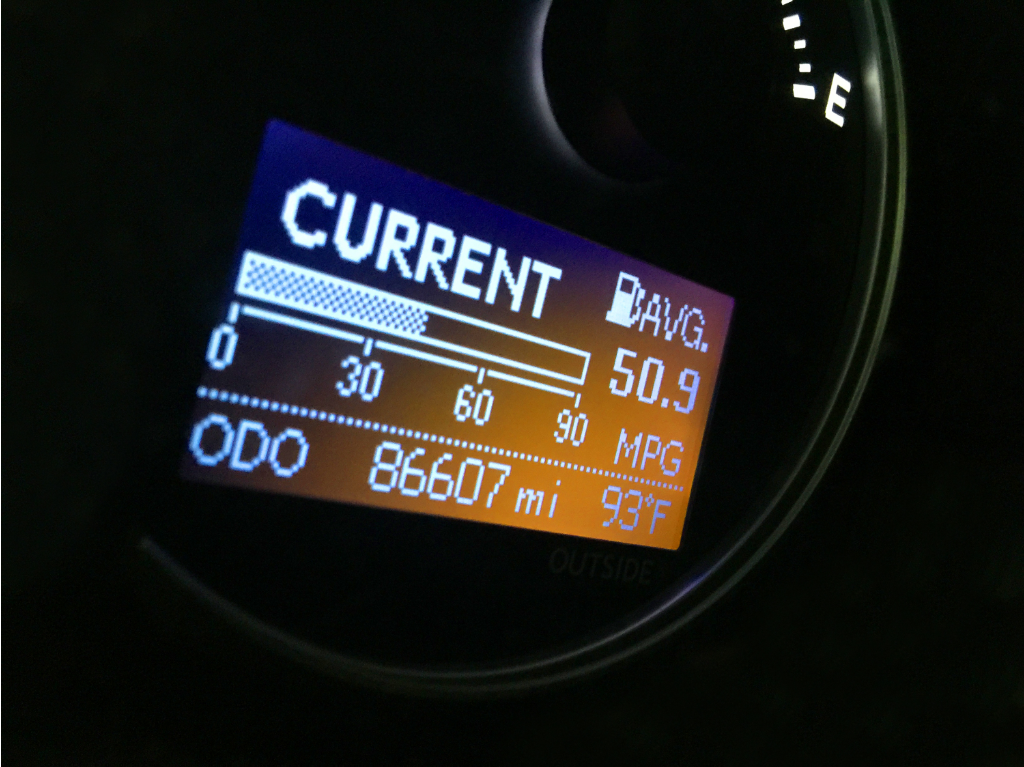Speeding is a major contributor to road accidents globally. Traditionally, traffic law enforcement and driver education have been the main tools to combat this issue. However, a new wave of technology is emerging that offers a powerful tool for promoting fuel-efficient and safe driving: Intelligent Speed Assistance (ISA).
While some may associate speed control with basic speed limiters, ISA offers a more nuanced approach. Modern ISA systems go beyond simply enforcing speed limits, and can significantly impact fuel efficiency, promoting a more sustainable and cost-effective driving experience.
Beyond the Speed Limit Sign: How ISA Contributes to Improved MPG
Here’s how ISA technology, beyond just controlling speed, can contribute to improved gas mileage and a lighter environmental footprint:
- Maintaining Consistent Speeds: Frequent accelerations and decelerations consume more fuel. ISA promotes consistent speeds by providing real-time alerts and gentle reminders when drivers exceed the posted limit. This smoother driving style translates to improved fuel efficiency.
- Optimizing Engine Performance: Many modern ISA systems integrate with vehicle electronics. This allows them to adjust engine behavior based on the posted speed limit. For example, ISA may nudge the engine towards a more fuel-efficient operating range when on highways.
- Encouraging Eco-Conscious Driving: ISA acts as a gentle nudge for drivers to adopt fuel-efficient driving habits. By providing real-time feedback and encouraging smooth acceleration, ISA fosters a more eco-conscious driving style.
- Alerts for Idling: Excessive idling wastes fuel and contributes to emissions. Some advanced ISA systems can detect prolonged idling and provide alerts, reminding drivers to turn off the engine when stopped.
Fuel Efficiency and New Drivers: ISA as a Learning Tool
New drivers are particularly beneficial from ISA technology when it comes to fuel efficiency. Here’s how:
- Developing Good Habits: Early exposure to ISA instills eco-conscious driving habits, encouraging new drivers to focus on smooth acceleration and consistent speeds. This translates to better fuel economy throughout their driving journey.
- Understanding Speed and Efficiency: ISA’s real-time feedback allows new drivers to witness the impact of speed on fuel consumption firsthand. This practical experience can help them develop a better understanding of fuel-efficient driving techniques.
- Reduced Distractions: New drivers are often overwhelmed by the multiplicity of tasks involved in driving. ISA eliminates the need to constantly check speed signs, allowing them to focus on driving smoothly and efficiently.
Experienced Drivers and ISA: A Refresh Course in Fuel Economy
Even seasoned drivers can benefit from the reminders and features offered by ISA when it comes to fuel efficiency:
- Combating Speeding Drift: Over time, experienced drivers might unintentionally drift towards exceeding the speed limit. ISA alerts serve as a timely reminder to adjust speed and maintain fuel-efficient driving practices.
- Adapting to New Environments: ISA eliminates the need to constantly search for speed signs in unfamiliar areas. This allows experienced drivers to focus on traffic flow and avoid unnecessary accelerations that could impact fuel efficiency.
- Cost Savings: Fuel costs continue to rise. By promoting fuel-efficient driving, ISA can help experienced drivers save money on gas throughout the year.
The Future of ISA: Personalized Coaching for Fuel Efficiency
The future of ISA promises even greater advancements in promoting fuel-efficient driving practices:
- AI-Powered Coaching: ISA with AI integration could analyze individual driving patterns and provide personalized feedback on optimizing fuel efficiency.
- Vehicle-to-Infrastructure (V2X) Communication: V2X communication could allow ISA to receive real-time traffic data, suggesting alternative routes with better fuel efficiency based on road conditions.
- Integration with Advanced Driver-Assistance Systems (ADAS): ISA could seamlessly integrate with ADAS features like adaptive cruise control, promoting a holistic approach to fuel-efficient and safe driving.
Fuel efficiency is not just about saving money; it’s about reducing our environmental impact. While driver education and responsible speeding practices remain crucial, ISA technology offers a powerful tool for promoting fuel-efficient driving habits. By providing real-time feedback, encouraging smooth driving, and reducing distractions, ISA empowers drivers of all experience levels to navigate the roads in a more sustainable and cost-effective manner. As ISA technology continues to evolve, it promises to play an even more significant role in promoting fuel-efficient driving and reducing our carbon footprint. By incorporating ISA into your driving routine, you can contribute to a cleaner and healthier environment while saving money on fuel costs. Adopting ISA is a win-win for both your wallet and the planet.

